Raeisi says gov. seeks to improve social welfare after inaugurating cancer hospital
Iranian President Ebrahim Raeisi says his administration seeks to improve people's welfare and remove deprivation as he inaugurated an advanced medical center in Tehran that focuses on treating different types of cancers.
In a ceremony on Thursday, Raeisi opened the Barekat Comprehensive Cancer Prevention and Treatment Centre, one of the most advanced and equipped cancer prevention and treatment centers in the West Asian region, in downtown Tehran.
"The government's efforts are aimed at activating the capacities of the country and creating a life with justice and social welfare for the people," Raeisi told the event, adding that the opening of the center is an "important step in the direction of eliminating deprivation in the country and providing advanced equipment for meeting the needs of the people."
Built by the Execution of Imam Khomeini's Order, the medical center provides all services related to screening, diagnosis, and treatment of all types of cancers to clients.
Raeisi praised the efforts of health professionals and institutions to reduce medical costs and remove part of their concerns while also lauding the use of the latest technologies in the newly-inaugurated center.
The medical center seeks to eliminate deprivation and provide the highest quality medical services at the lowest cost to the people, he said, calling for the construction of similar centers in other parts of the country so as to facilitate people's access to advanced medical services.
The inauguration came a week after Raeisi opened Mahdi Clinic Hospital, the largest hospital in the region. Described as the biggest medical project of the country since the 1979 Islamic Revolution, Mahdi Clinic is equipped with nearly 1,000 beds as well as advanced medical equipment that will cater to both Iranian and foreign patients.
Iran has made significant progress in the field of medicine over the years, particularly in the areas of manufacturing pharmaceuticals and medical equipment as well as training physicians and surgeons at state-of-the-art medical centers across the country.
The progress was evident when Iranian scientists developed a number of vaccines for COVID-19 as well as other equipment such as ventilators and testing kits at the height of the pandemic amid restrictions on importing them from overseas.
Implementing a comprehensive healthcare system over the past few decades, Iran has practically improved the accessibility of healthcare for all its citizens, as according to official figures more than 90 percent of the rural population today have access to affordable healthcare.
Manufacturing various medicine, including life-saving drugs, was seriously followed after the Islamic Revolution. That transformed Iran from an importer of drugs to an exporter that currently meets some 97 percent of its pharmaceutical needs by relying on domestic capabilities.
In July 2022, Iran's Health Minister Bahram Einollahi, referring to the progress in medical science, said Iran has the strongest health system in the region.
This success is the result of the resistance of people, as well as the round-the-clock efforts of scientists and innovative youths, he said.
In the past, people used to go to other countries for treatment, but today Iran has achieved so much in the field of health that many patients in the region travel to the country for treatment, the minister added.
UK engaged in 'systematic' suppression of pro-Palestine voices: Report
Hundreds of Greeks protest US warship arrival in Crete
Iran warns Trump against decisions based on false information
Iran embassy rejects 'fabricated' French reports on domestic affairs
Trump’s military buildup against Iran on Netanyahu’s behalf is a gambit doomed to fail
Iran dismisses US 'big lies' on nuclear, missile programs
CIA‑founded NGO admits deploying Starlink satellites for Iran riots
VIDEO | French comedian targeted by Rothschild and Epstein for his shows on Palestine


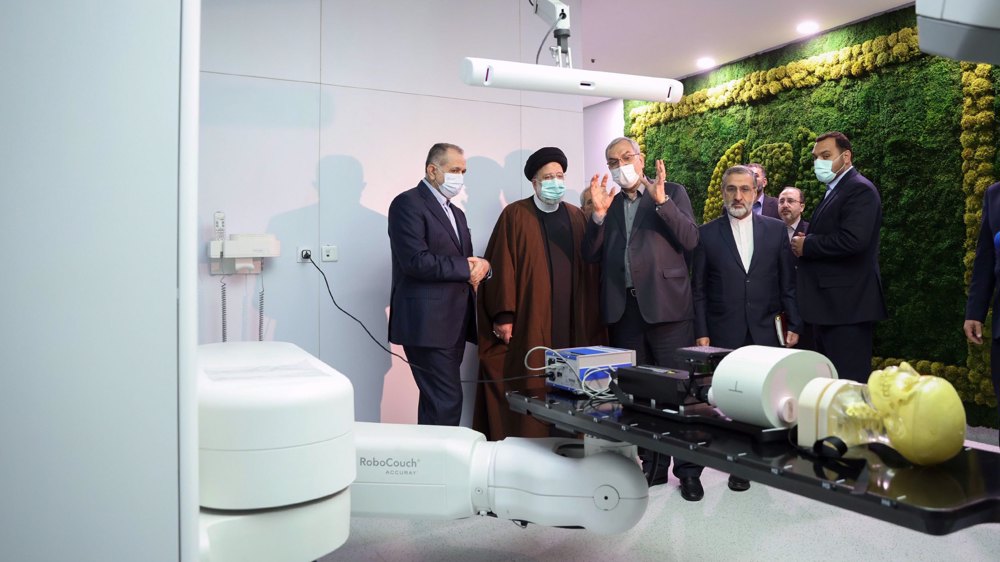
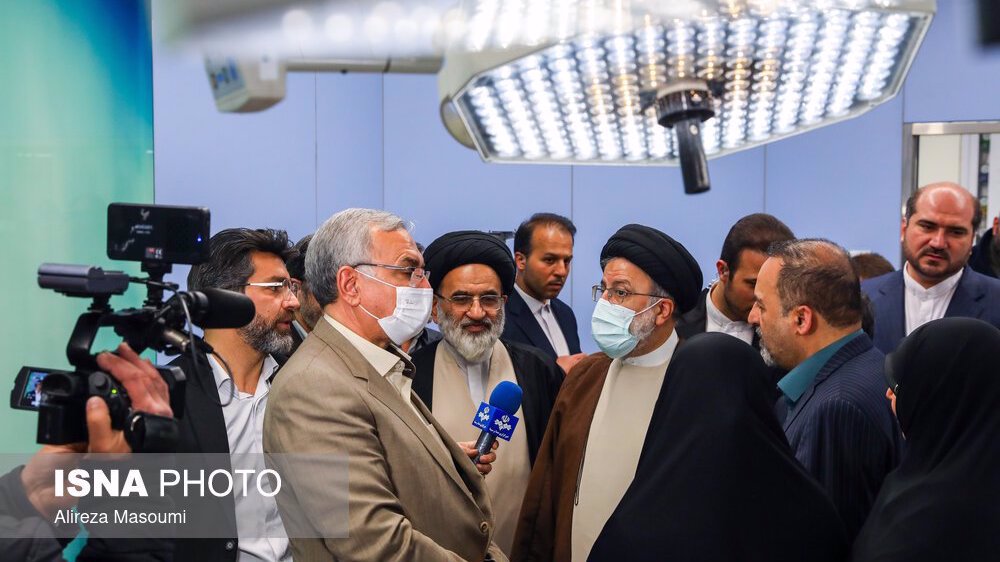
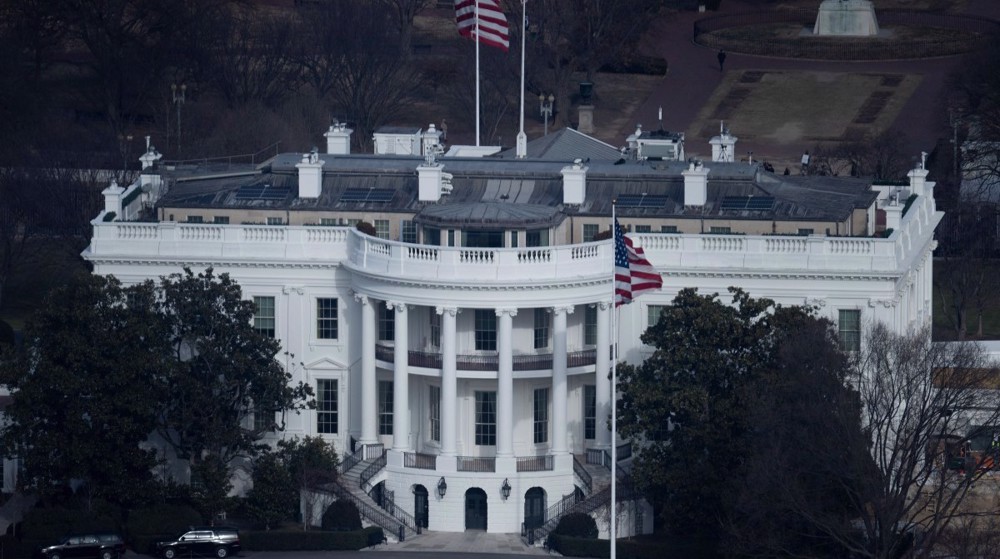
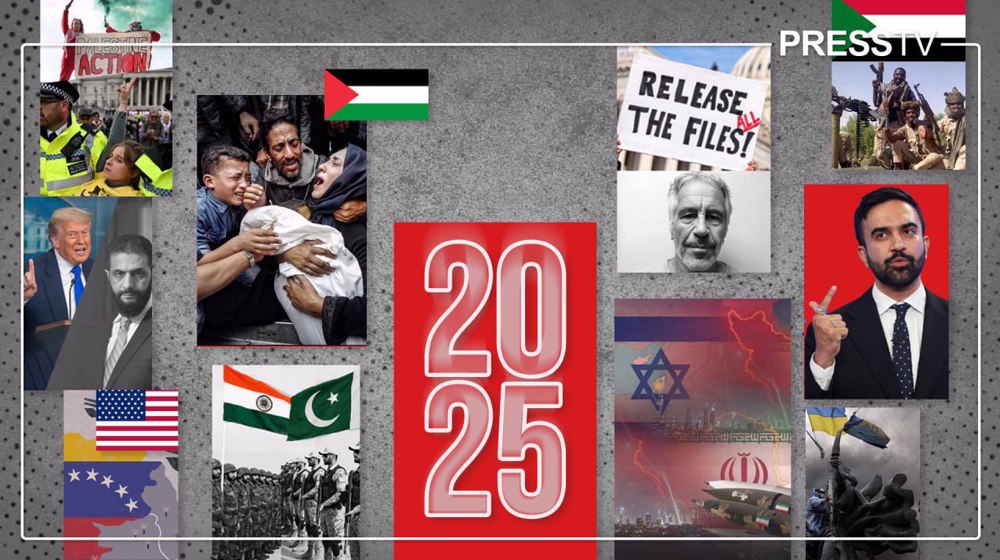
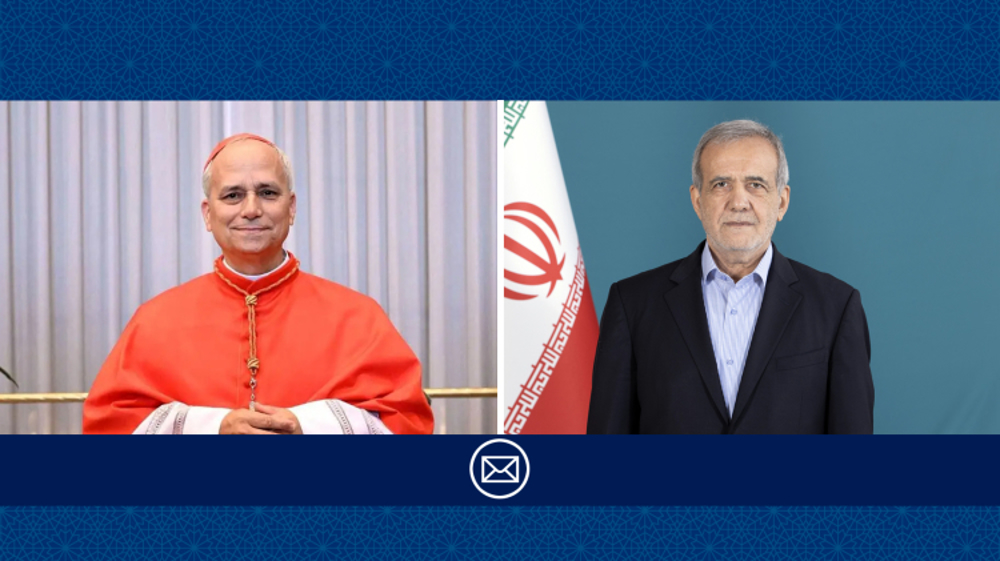



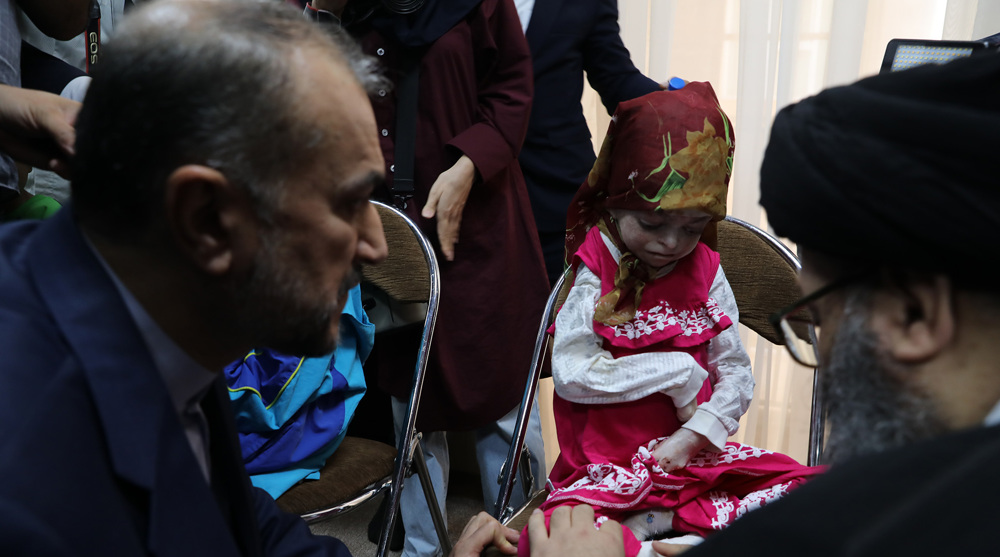
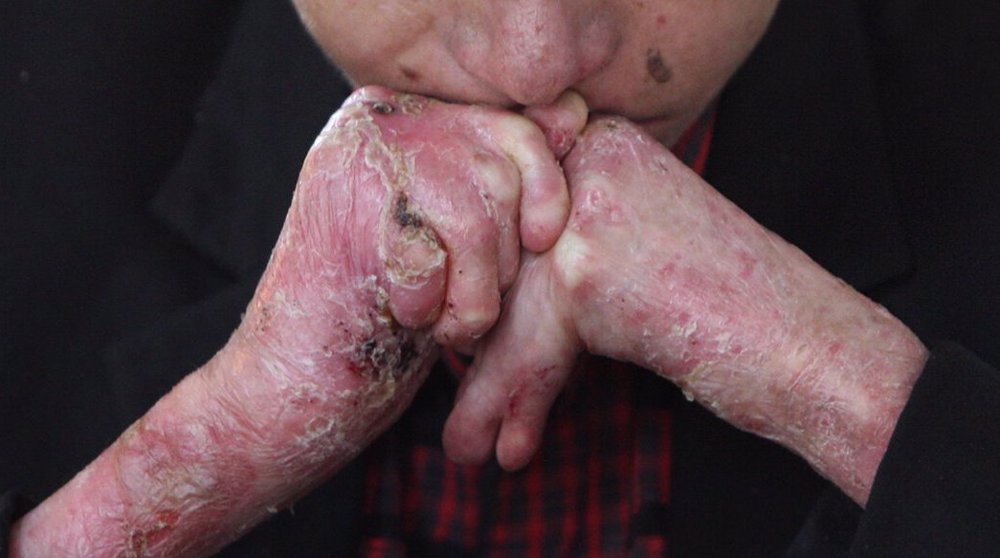
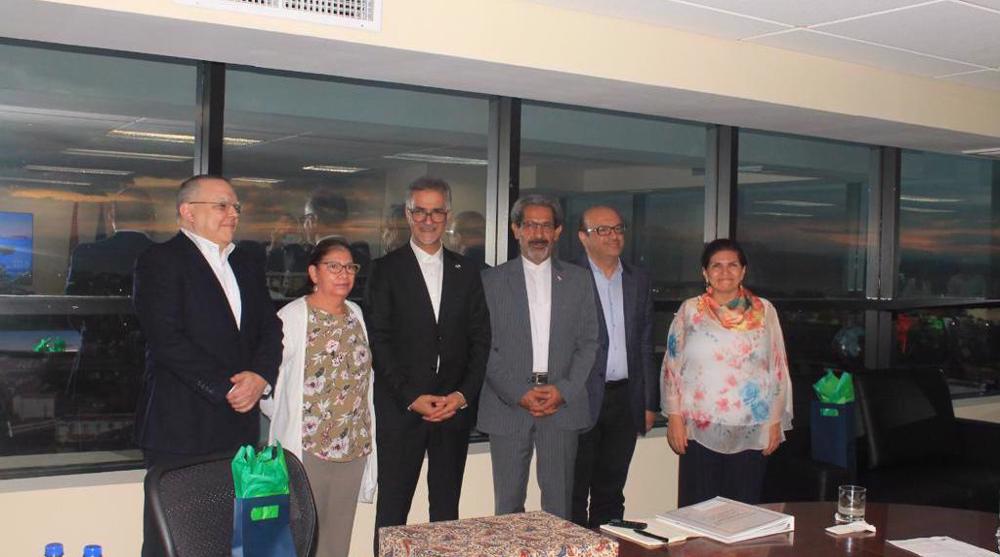
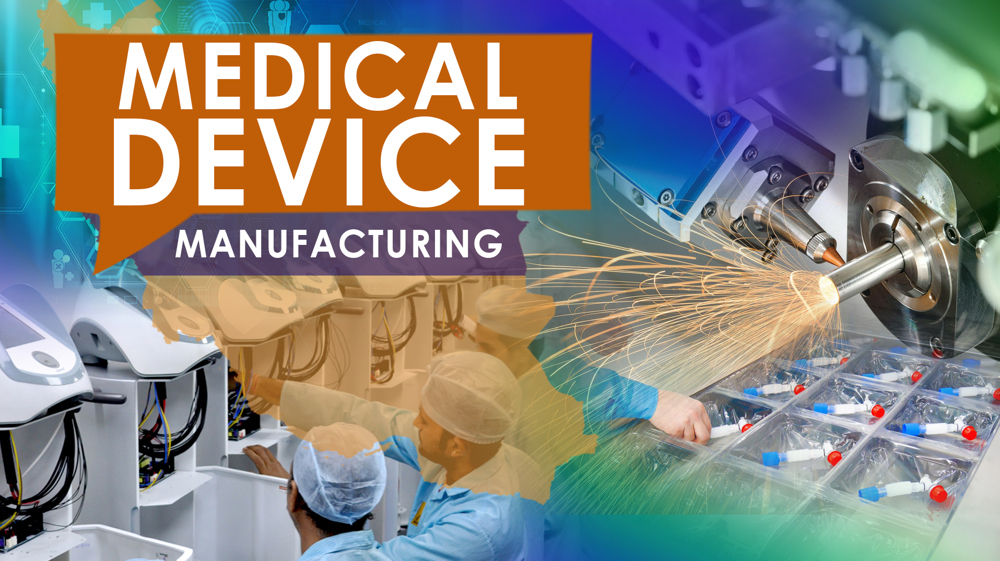

 This makes it easy to access the Press TV website
This makes it easy to access the Press TV website